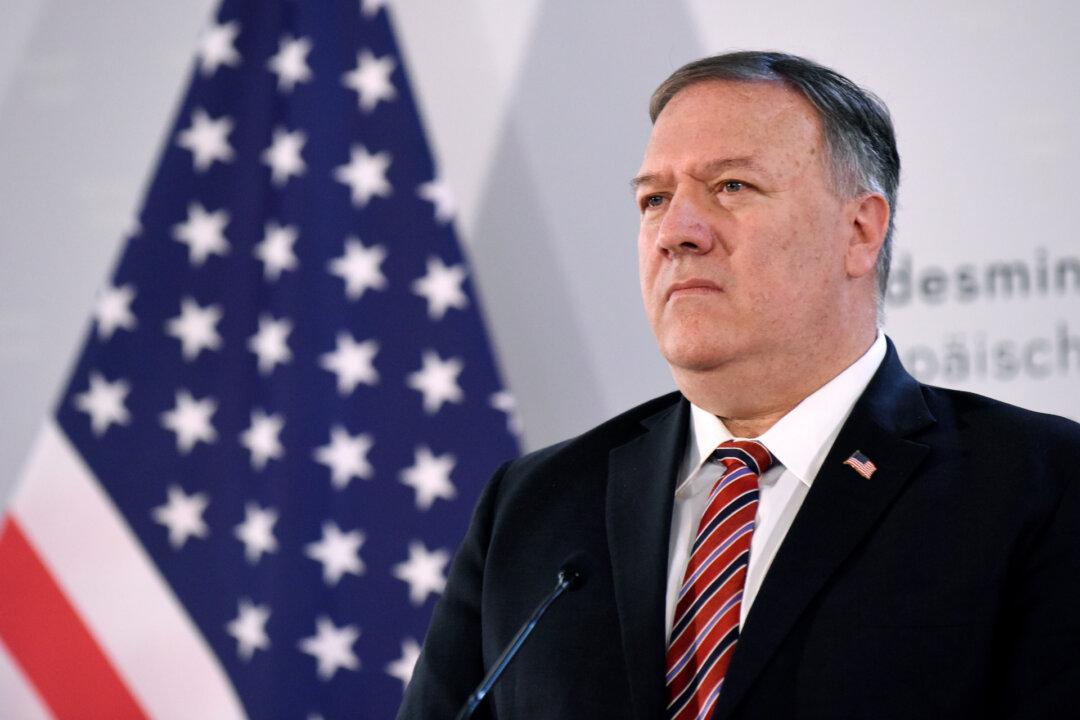Secretary of State Mike Pompeo said on Thursday that the United States expects every country to comply with U.N. Security Council resolutions on Iran.
“We expect every nation to comply with U.N. Security Council resolutions,” U.S. State Secretary Mike Pompeo said at a joint press conference with Suriname’s President Chandrikapersad “Chan” Santokhi in Paramaribo, Suriname on Thursday.





